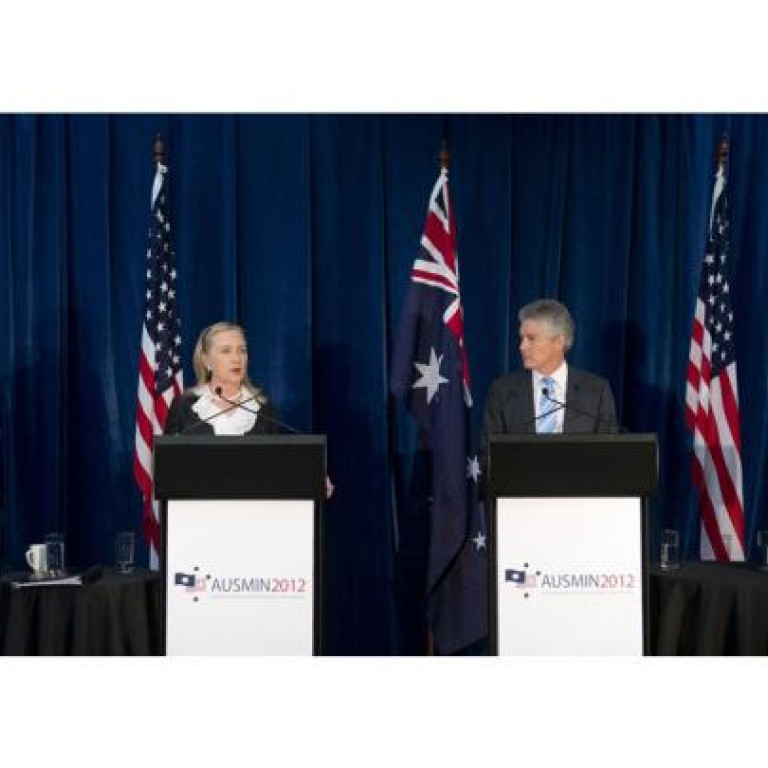
US to launch super spies over Asian skies
Washington and Canberra announce agreement on advanced co-operation as part of America's shift towards strategically important region
The US military will station an advanced radar and place a new, state-of-the-art deep-space telescope in Australia as part of its strategic shift towards Asia, the two countries announced yesterday.
Defence Secretary Leon Panetta and Australian Defence Minister Stephen Smith made the announcement after high-level talks in Perth.
The radar, the first low-earth orbit space surveillance network sensor in the southern hemisphere, "will give us visibility into things that are leaving the atmosphere, entering the atmosphere, really all throughout Asia", including China's rocket and missile tests, a US defence official said.
The C-band radar, to be placed at the Harold Holt Naval Communications Station at the Northwest Cape in Western Australia, is capable of tracking high-value satellite and missile launches. It will be relocated from Antigua by 2014.
The Pentagon said in a fact-sheet the C-Band radar can track up to 200 objects a day and can help identify satellites, their orbits and "potential anomalies".
The telescope, which has undergone tests in New Mexico, is capable of tracking space debris and other objects that can threaten satellites. It will be placed at an as-yet undecided location in Western Australia.
Panetta described the relocation as "a major leap forward in bilateral space co-operation".
At the meeting of foreign and defence ministers, the two governments also launched discussions on granting the Americans future access to air bases in northern Australia as well as naval ports, including one in nearby Stirling.
Smith welcomed the deployment of US Marines this year in Australia's north, where 250-strong contingents spend six-month tours. He said the two sides would soon increase the number of marines on the ground to 1,100 by 2014, with the goal of 2,500 in place by about 2016-17.
A communique signalled "increased rotations of US aircraft" but also struck a cautious note, saying any enhanced US military presence "would require substantial further study and additional decisions by both capitals".
Anxious over China's growing military might and territorial tensions with its neighbours, US officials are pushing for a more visible military role across the region.
This includes expanding military exercises and deploying more advanced ships and hardware, particularly in Southeast Asia.
Panetta said the US and Australia were also discussing the establishment of a "Combined Communications Gateway" in Australia that would give both countries greater access to the Wideband Global Satellite communications satellites now in orbit.
Smith said holding the talks in the western coastal city underlined the growing importance of the Indian and Pacific Oceans, home to vital shipping lanes and growing economies. "Here you see the world moving to the Asia-Pacific, the world moving to the Indo-Pacific, not just with security implications but with enormous economic investment and prosperity," he said.
The discussions in Perth also covered political reforms in Myanmar, concern over Iran's nuclear programme, the raging civil war in Syria and the Nato-led war effort in Afghanistan.
Before yesterday's meeting, Secretary of State Hillary Clinton vowed that the US was fully committed to its pivot to Asia over the long term, despite crises in the Middle East and budget pressures at home.
She underlined America's "expanding engagement" in the region. "It's important that we make absolutely clear we are here to stay," she said.
